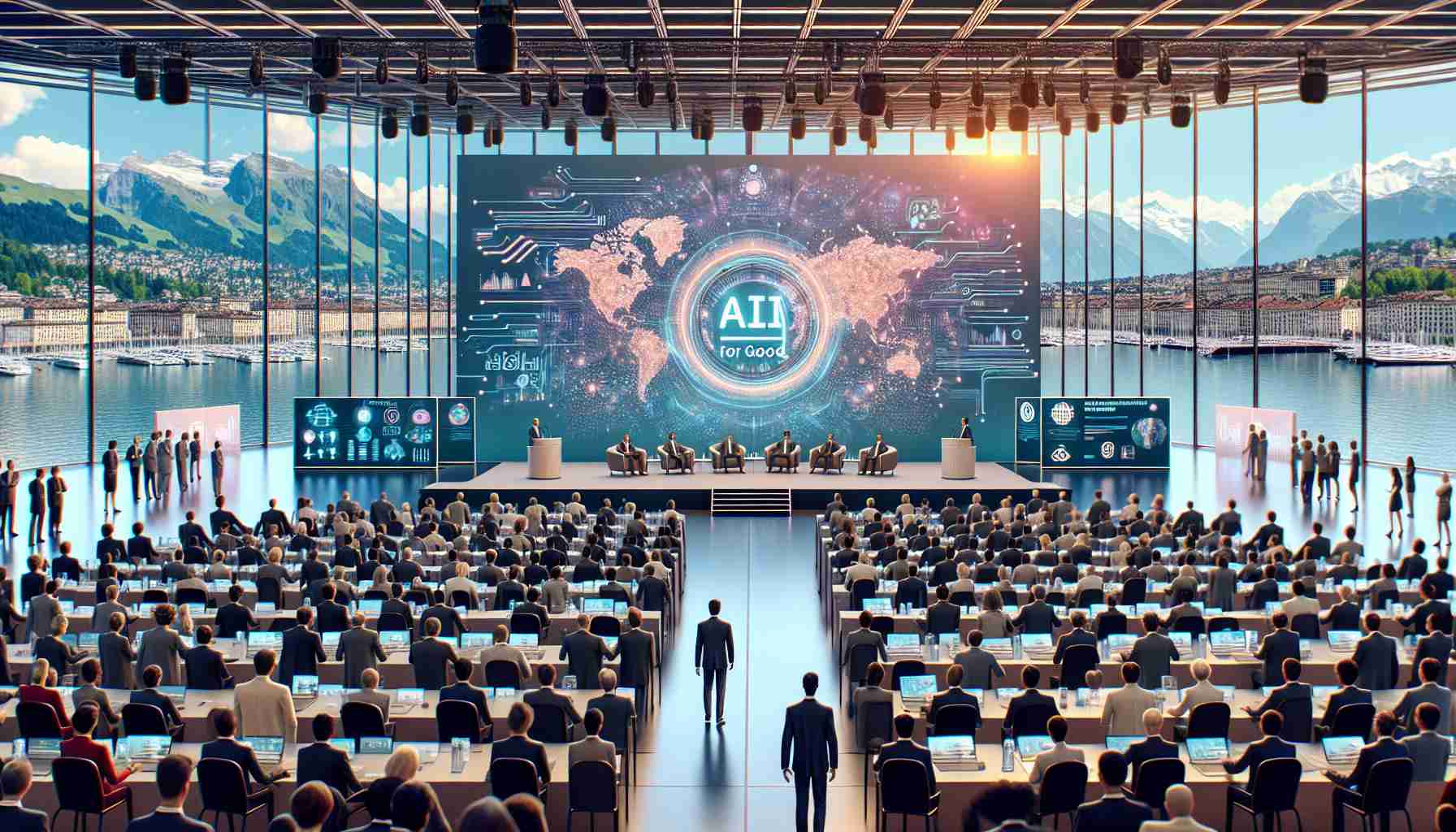In the picturesque city of Geneva, Switzerland, international leaders, experts, and innovators convened on May 30 and 31 for the renowned AI for Good Global Summit. The summit’s aim was lofty yet critical: to leverage artificial intelligence (AI) to enhance global health, climate response, gender equality, inclusive prosperity, and sustainable infrastructure, among other development goals. What set this summit apart was its intensified focus on the governance of AI technologies.
The United Nations Secretary-General, Antonio Guterres, underscored the potential of AI to be a game-changer in fostering sustainable development across the globe. He called for a collective and comprehensive approach to AI governance that balances innovation with responsibility and oversight.
During the “AI Governance Day” prelude to the summit on May 29, government officials together with the global AI community scrutinized the application of UN frameworks—including human rights—to swiftly progressing AI technologies. Doreen Bogdan-Martin, Secretary-General of the International Telecommunication Union (ITU), highlighted the sleep-depriving risks of AI as a key concern that outshines the benefits.
For seven years, the ITU has championed AI solutions for humanity’s benefit and is now ensuring no nation is left behind. Their efforts aim to leverage AI’s progress responsibly and potently.
Three pillars of responsible AI governance were proposed by Secretary-General Bogdan-Martin: the formulation of technical standards, positioning human rights and core UN values at the heart of governance, and comprehensive development through capacity building.
Namibia’s Minister of Information and Communication Technology, Emma Inamutila Theofelus, suggested building upon existing governance frameworks, likening it to regulations in the automotive and pharmaceutical sectors, incorporating AI governance into other areas such asclimate change and taxation, and encouraging dialogue between AI creators and users to mitigate bias and discrimination.
As the world population is projected to reach 9.7 billion by 2050, the need for diverse and improved food quality is critical. Dongyu Qu, Director-General of the Food and Agriculture Organization of the UN (FAO), spoke of the imperative to connect IT with biology and to foster closer collaboration to ensure food security.
With a surge in patent applications—reaching nearly 3.5 million in 2022, with a 13.7% increase in IT-related patents—World Intellectual Property Organization (WIPO) Director-General Daren Tang emphasized building an ecosystem where technology is meaningfully absorbed and innovators are at its core.
Gilbert Houngbo, Director-General of the International Labour Organization (ILO), noted AI’s impact on the future of work—both in job displacement and creation. Life-long learning becomes key, according to Houngbo, to minimize technology impacts on employment.
As technology progresses, ongoing dialogue and policy development are crucial for guiding AI’s impact on society. Tshilidzi Marwala, Rector of the UN University (UNU) and a Deputy Secretary-General of the UN, championed a collaborative platform for innovation across the globe, optimizing AI for everyone’s benefit.
Important Questions and Answers:
1. What are the key challenges associated with AI governance?
The main challenges include ensuring that AI advancements are governed by robust ethical frameworks, international standards, and regulations that balance innovation with protecting human rights. There is an inherent difficulty in keeping up with the rapid pace of AI development, mitigating bias, preventing discrimination, and handling the socioeconomic impacts such as job displacement.
2. How can AI be used to address global issues?
AI can be employed in various areas such as healthcare (e.g., disease prediction and diagnosis), climate science (e.g., data analysis for climate modeling), agriculture (e.g., crop yield optimization), and infrastructure (e.g., intelligent transportation systems), to improve efficiency and outcomes.
3. Why is international collaboration important in AI governance?
International collaboration ensures that diverse perspectives are considered, global standards are developed, and no country is left behind in accessing the benefits of AI. It can also help to align various national laws and policies with common goals, ensuring consistency and cooperation across borders.
Advantages and Disadvantages:
Advantages of AI for Good:
– AI can efficiently process vast amounts of data to solve complex problems.
– It has the potential to improve service delivery and productivity in various sectors.
– AI can assist in personalized medicine, education, and other services tailored to individual needs.
– The technology can aid in tracking and managing natural resources more sustainably.
Disadvantages and Controversies:
– AI may lead to unemployment through automation and job displacement.
– There’s a risk of perpetuating biases and discrimination if AI systems are not properly governed.
– Cybersecurity concerns rise with increased AI adoption, as these systems become attractive targets for malicious activities.
– AI systems may infringe on privacy rights if they involve extensive data collection and processing.
Related Links:
For more information on the topic of AI and global governance, visit the following main domains:
– International Telecommunication Union (ITU)
– United Nations (UN)
– World Intellectual Property Organization (WIPO)
– Food and Agriculture Organization of the UN (FAO)
– International Labour Organization (ILO)
Please note, the accessibility and validity of these URLs may change, and it is important to verify their correctness at the time of your search.

